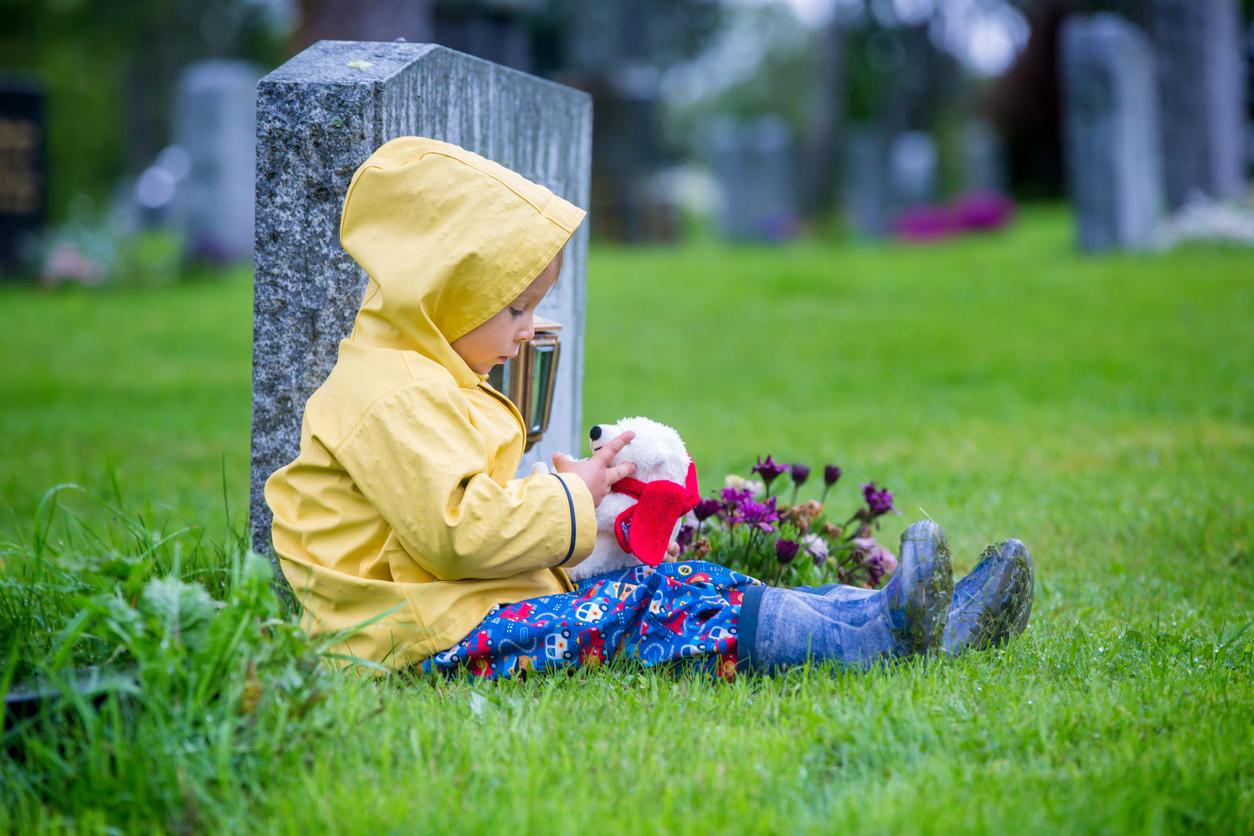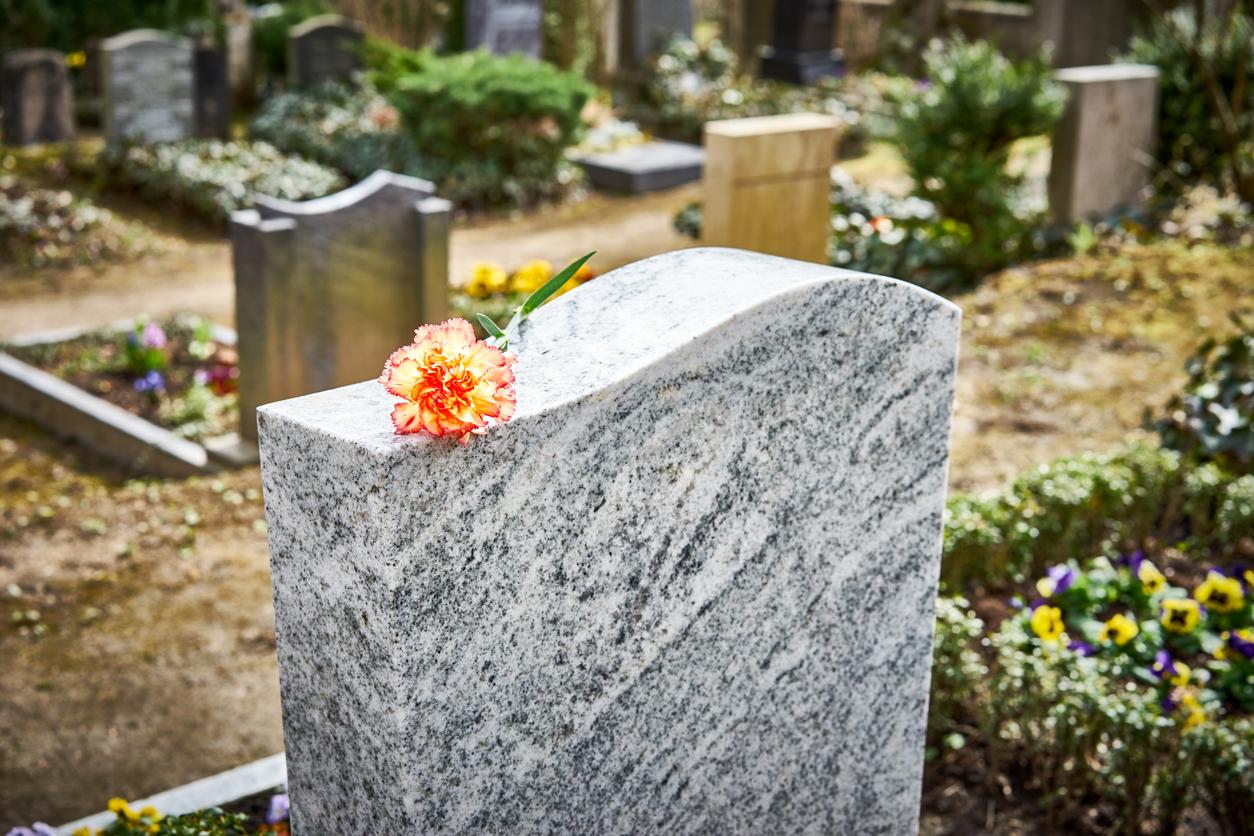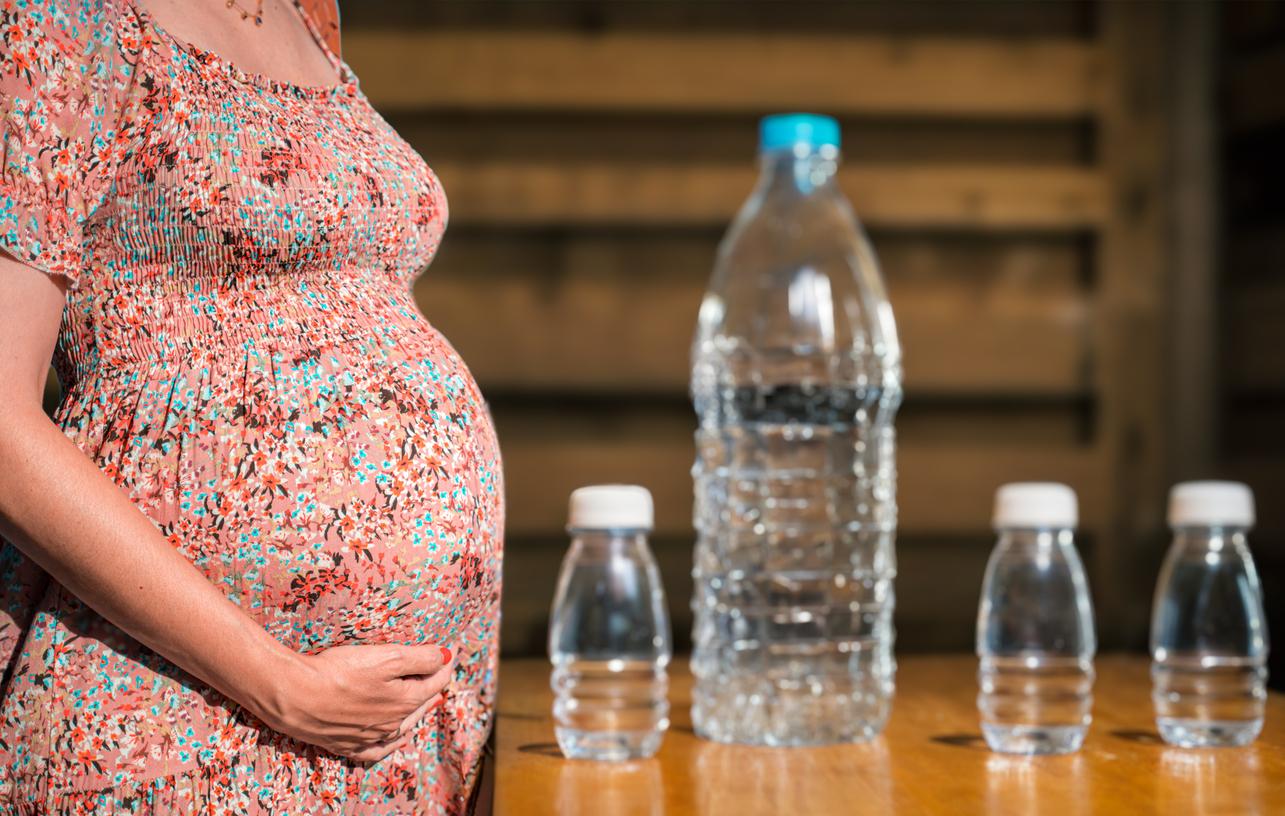The health and economic consequences linked to the early death of a parent could be greater for boys than for girls.

- 65,797 people lost a parent before the age of 21.
- Losing a parent before this age was significantly associated with an increased risk of being admitted to hospital because of a mental disorder.
- Among men, early death of a father or mother was linked to lower annual earnings and more spells of unemployment.
Losing a parent is never easy, but when a child suffers the death of a parent, it can be especially devastating. A recent study found that these tragic events had a deeper, longer-term impact on boys than on girls. In order to reach this conclusion, researchers from the University of Jyväskylä (Finland) examined the link between the death of a parent before the age of 21 and children’s mental health, their school performance, their jobs and their adult income.
65,797 people lost a parent before the age of 21
As part of the work, they used data from Finnish national registers. In total, the information of 962,360 Finns born between 1971 and 1986, who had reached at least the age of 30 in 2016, were analyzed. Data from relevant records included parents’ death certificates, as well as medical and school records, sick leave and tax returns for their children, almost all of whom had completed school and entered the market. work at the age of 30.
Nearly 65,797 people lost a parent before the age of 21. Fathers were almost three times more likely than mothers to die before their children reached that age. Another finding: about 15% of adults, or 145,673, had lost a parent before the age of 31. Less than 5% had experienced the death of their mother and nearly 12% had experienced the death of their father. The probability of death of a parent increases sharply with age, from less than 1% before the child is 6 years old to just under 5% when the child is between 26 and 30 years.
Mental health: 70% of men hospitalized because of the early death of a relative
“The death of a parent before age 21 was found to be consistently associated with a higher risk of hospitalization due to mental health disorders, higher use of mental health-related medications, and absence work due to illness in adulthood”, can we read in the results published in the journal Journal of Epidemiology & Community Health.
According to the study, men seem more vulnerable than women. They were 70% more likely to be admitted to hospital compared to 52% for women. Substance use disorders and self-harm are the most common reasons for admission to hospital. But it varies by gender. Boys and young men who lost their mother prematurely were nearly 2.5 times more likely to be admitted to hospital for self-harm than those who lost their mother in their 30s.
Losing a parent before age 21 associated with lower earnings
Similarly, girls and young women who lost their fathers early were about twice as likely to suffer from substance use disorders as those who did not. Early maternal death was also associated with a substantial (88%) increase in stress-related disorders. Medication use for mental disorders among people who lost a parent prematurely was between 18% and 33% higher for both sexes than among people who did not. Sick leave was also more frequent in both sexes.
Losing a parent before age 21 was also associated with fewer years of schooling, lower annual earnings, and more spells of unemployment at age 26-30 for both. sexes. The estimated effects on earnings and employment were generally larger for men, among whom the early death of a father was associated with a nearly 16.5% reduction in annual earnings and a 6% decrease in the probability of having a regular job. The corresponding estimates for women were 11% and 4% respectively.















